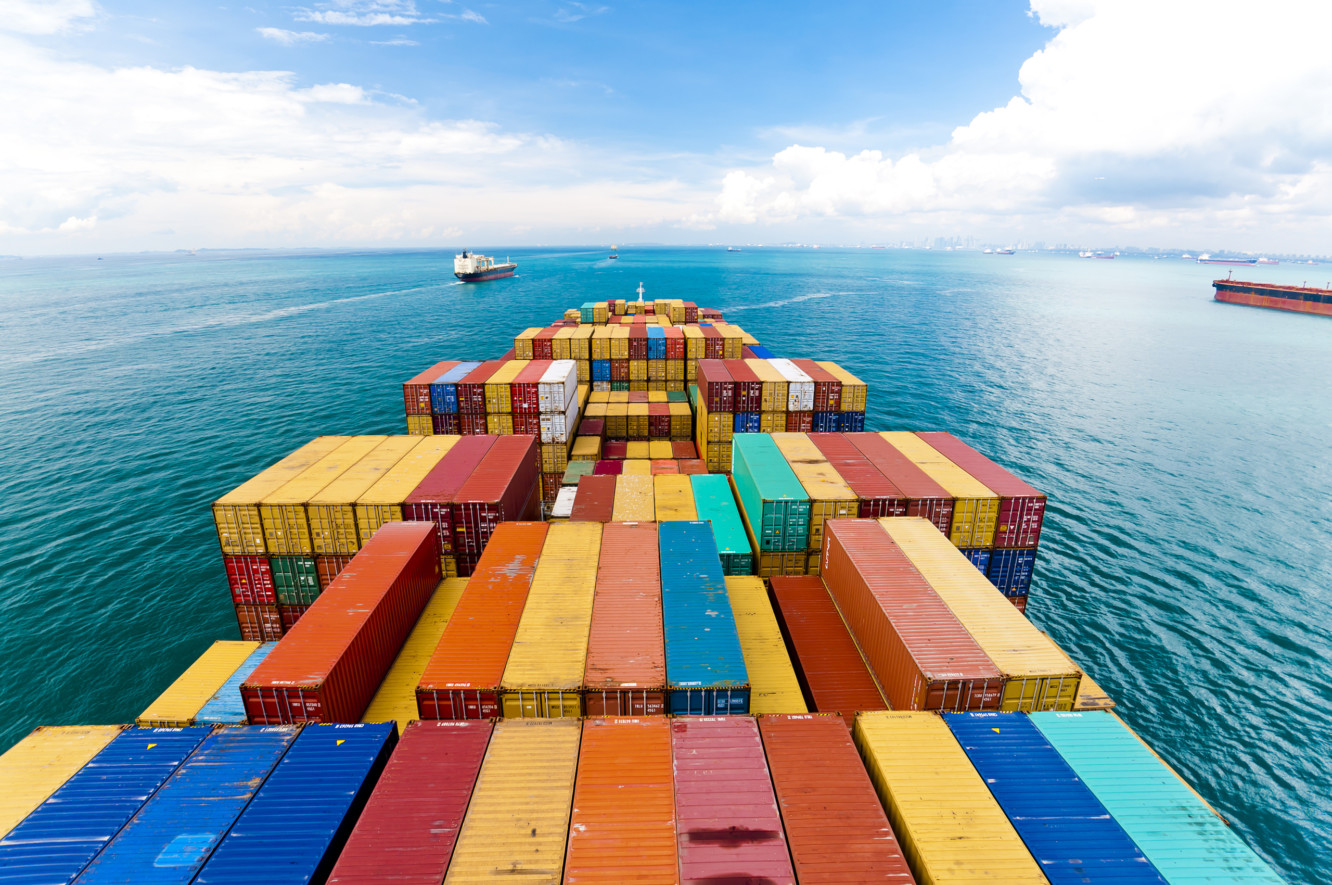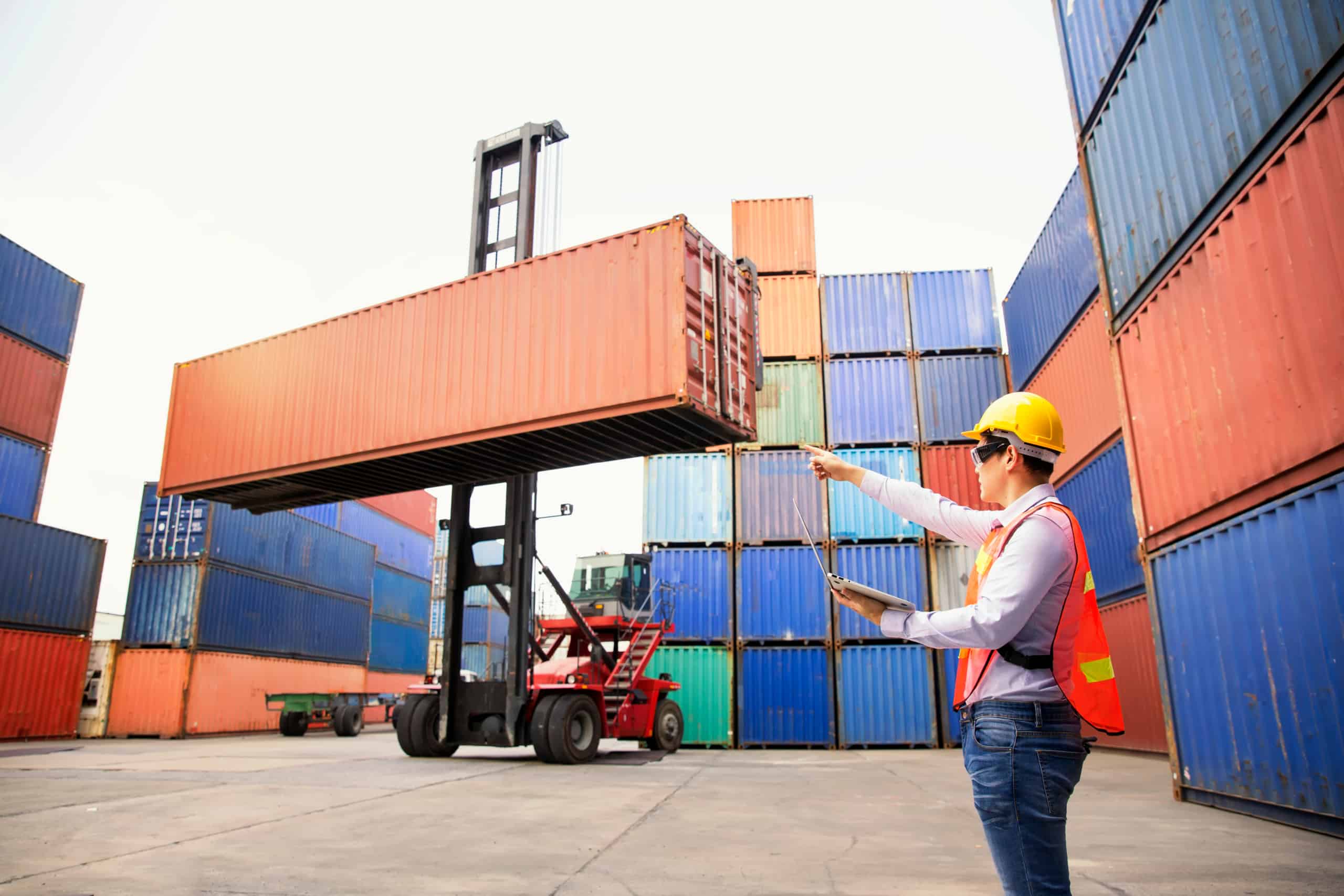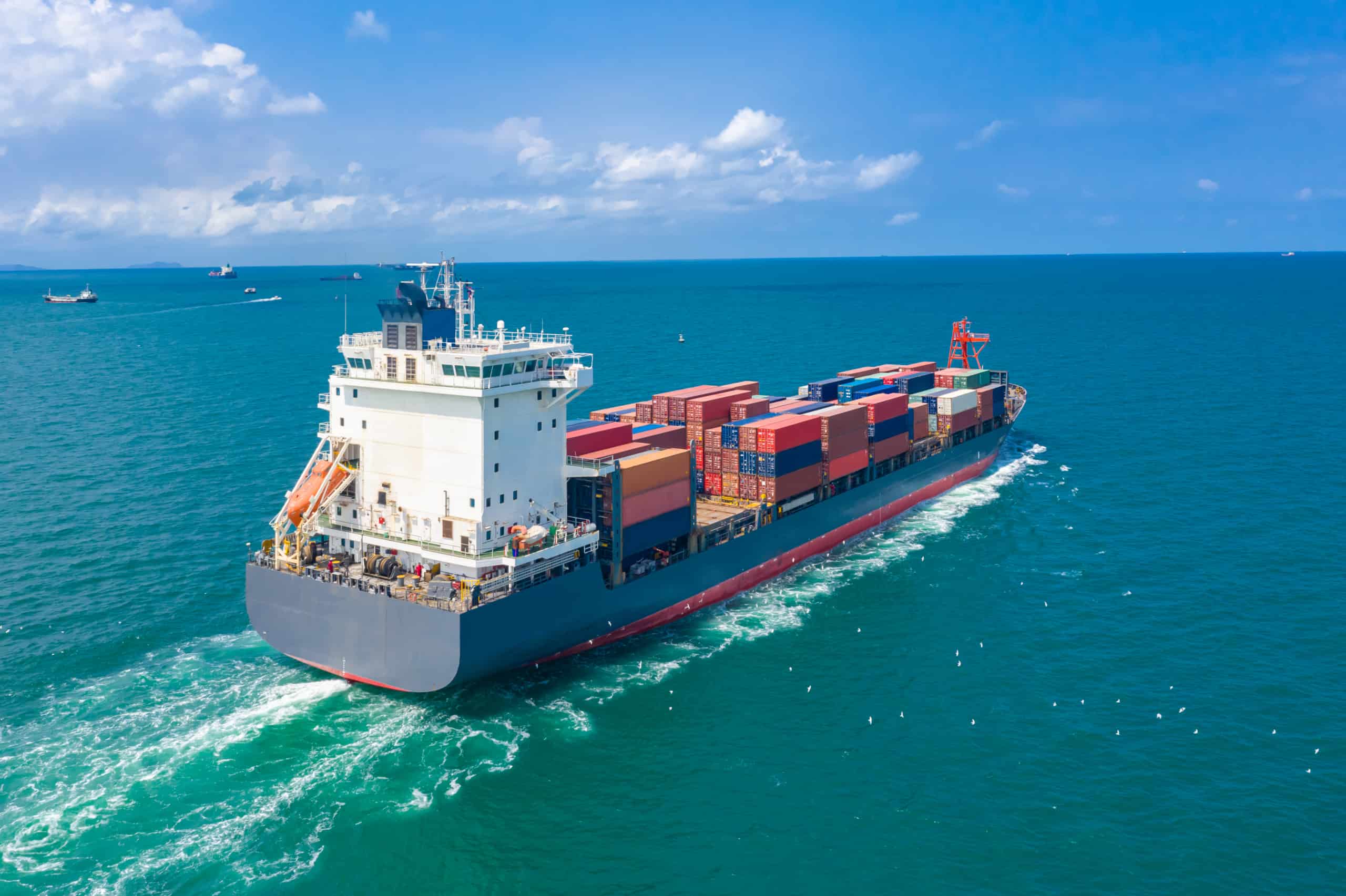According to Interlog USA, a 2017 survey determined that damaged goods were the most popular complaint issued by logistics managers and transport controllers. Lake Shore Global Solutions may not technically handle the loading of cargo, but we certainly understand the importance of secure cargo – especially during a time when crucial shipments of medical equipment are being delivered daily. That’s why we partner with only the best warehouses and cargo loaders to ensure the safety of your shipments. By combining proper blocking, bracing, safety techniques, and insurance coverage, shippers can easily reduce the kinds of losses that unfortunately still occur during international shipping.
Tips & Tricks for Securing Your Shipping Containers | Blocking & Bracing Cargo
- Using checklists. To ensure all security and safety procedures are being performed, many shippers utilize checklists. These step-by-step processes can be used to ensure a shipment’s chain of custody remains intact, your container is seaworthy, and your goods are protected. Several common compliance documents can be found on our Value-Added page, including an Ocean Container Inspection Checklist.
- Adhering to proper weight limits. Containers have a maximum gross allowable cargo weight limit which includes the product, packaging, any blocking and bracing, and dunnage materials. These weight limits are intended as general guidelines to promote safe and lawful transportation of your cargo. These weight limits may be further reduced by mode (ocean, rail, road). Failure to adhere to suggested weight guidelines can result in additional costs and increases in transit time due to damages, fines, and cargo rework.
- Employing proper blocking and bracing techniques. Just as different shipping modes have different weight limits, there may also be blocking and bracing procedures that are more appropriate and specific to your cargo. Assuming your cargo does not max out the width and length of your shipping container, it is likely shifting will occur during transit. It is important to use proper wooden, plastic, or metal blocking, bracing, and/or lashing materials to keep cargo from sliding, wheels from spinning, and to ultimately decrease damage to cargo.
LSGS Offers Valuable Cargo Insurance to Reduce Loss
Unfortunately, even with the most secure cargo, it’s important to understand that losses happen. Oftentimes, cargo owners are unaware that they have the legal right to limit their liabilities in addition to the liability carriers already have for damaged cargo. Without cargo insurance, cargo owners may only be able to recover a small portion (if any) of their cargo’s worth, depending on the cause of loss. LSGS offers cargo insurance that protects your full commercial invoice value, plus freight.
Carriers are only liable (and for a limited amount) if they are considered negligent. Cases in which losses are unforeseen or beyond the control of the carriers include (but are not limited to):
- Fire (unless caused by fault or knowledge of carrier)
- Acts of God (heavy weather such as earthquakes, hurricanes, and tornadoes)
- Acts of War
- Acts of Public Enemies
- Strikes, Riots, & Civil Commotions
To truly protect your cargo from these circumstances and more, LSGS strongly encourages insuring your cargo. By doing so, you secure the broadest possible coverage for your goods. Our coverage is backed by the largest and most respected and experienced insurance broker in the industry with direct claims handling and servicing teams. View our Value Added Services today to learn more about how you can protect your next shipment.
Superior Ocean Freight Forwarding & Cargo Insurance Services
In addition to cargo insurance and ocean freight forwarding services, LSGS offers our customers consultations that can provide helpful, cargo-specific shipping recommendations. We believe our customers and their cargo deserve to ship with someone who cares. From global logistics to warehousing services and beyond, contact us today to learn more about how LSGS can assist with your next shipment.





